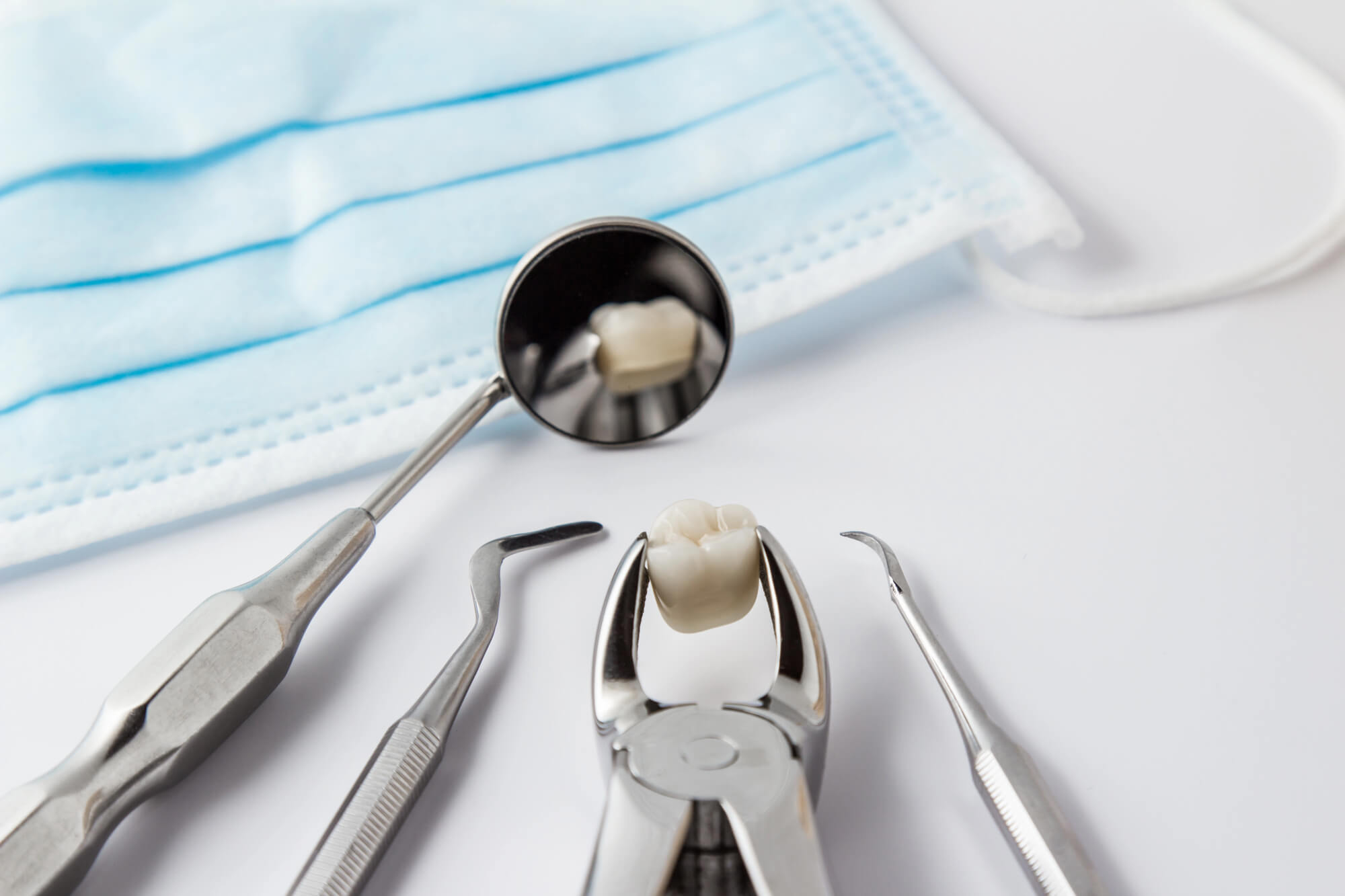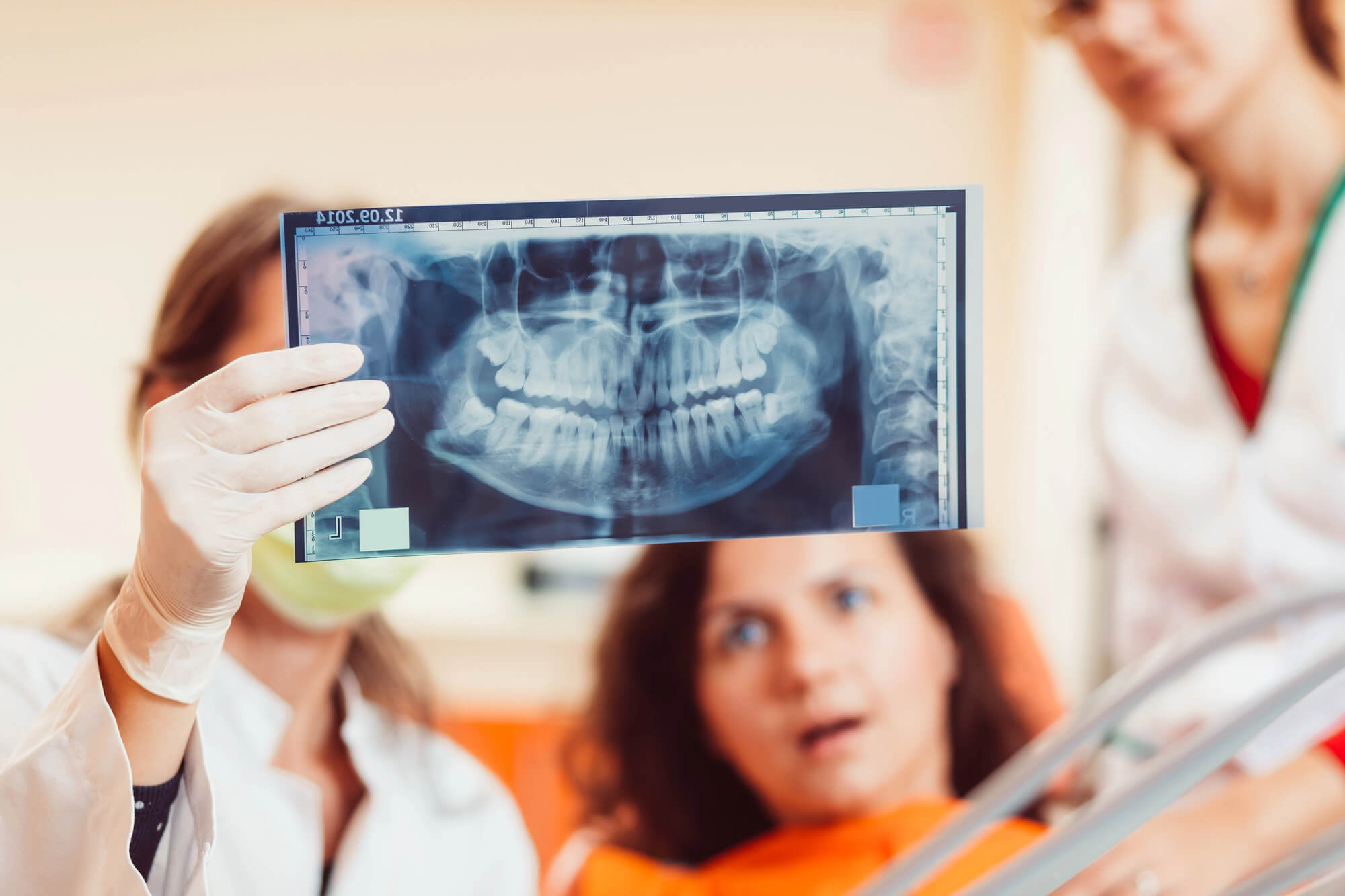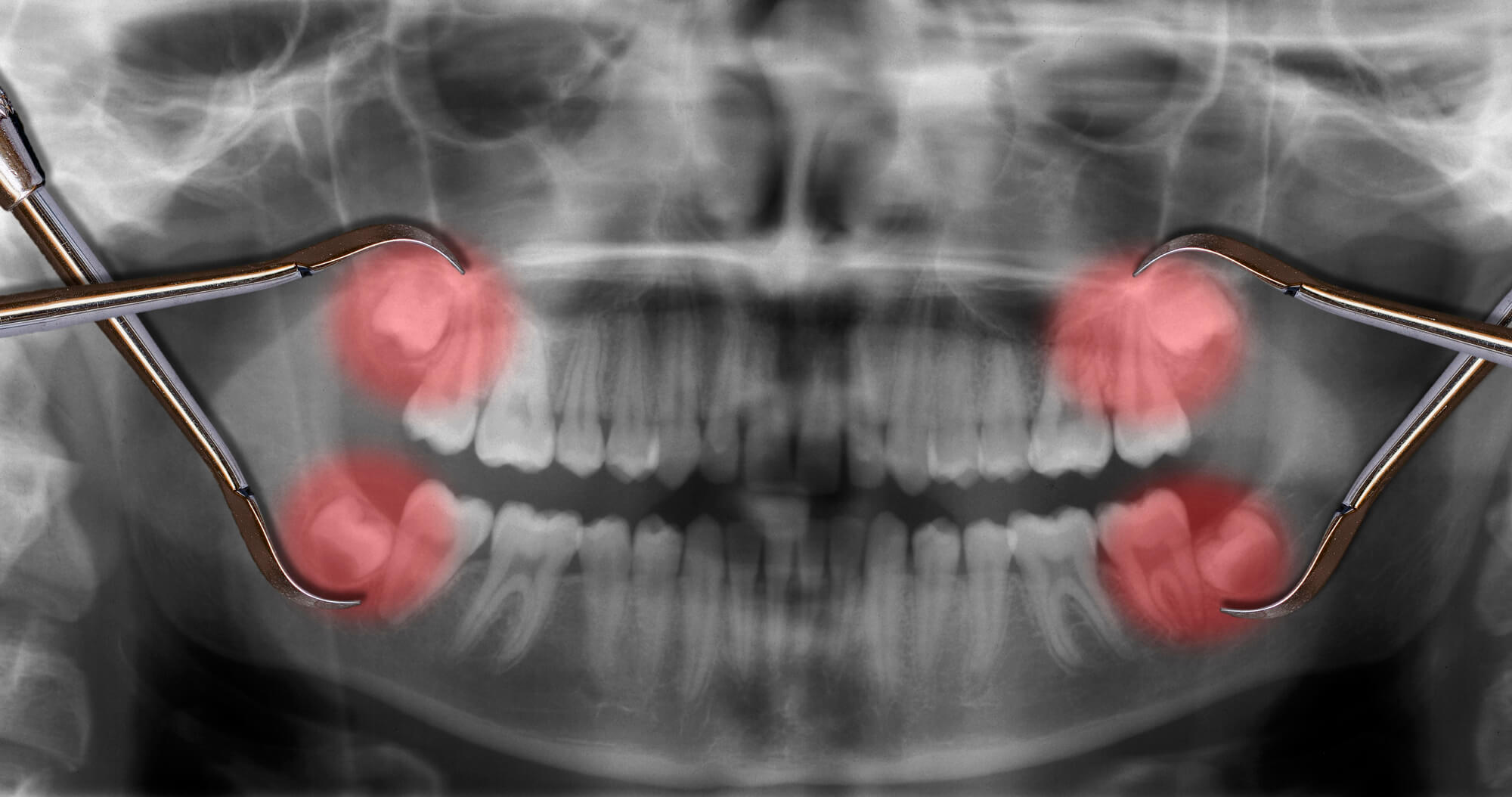Having a teenager comes with its challenges: Mood swings, unexpected needs, and the tough journey of discovering yourself, what you like, and what you want to do in the future. Wisdom teeth emerging doesn’t make this any easier. However, with the help of a pediatric dentist in Franklin, TN, you can at least solve this issue.
Typically emerging between the ages of 17 and 25, wisdom teeth are the final set of adult teeth to erupt. While not everyone has them, preparing for their arrival is harmless. So, here’s a complete guide on what you should know about wisdom teeth and when removal becomes necessary.

What Are Wisdom Teeth?
Teeth are classified based on where they are located and what they do. Meals are broken up into smaller pieces by the teeth closer to the front of the mouth, while they’re ground down by the softer teeth farther back. The term "molars" refers to these flatter teeth.
Wisdom teeth can support your jawbone and help grind down food if they erupt into their correct positions. However, we generally don’t need our wisdom teeth. Most healthcare professionals view them as vestigial—while they had a function in the past, it is no longer the case.
Adults have three sets of molars, comprising four teeth on the top, bottom, and both sides of the mouth. Humans grow their first set of "baby" teeth from birth through early adolescence, then lose them and acquire a brand-new set that they will never lose.
However, at this time, only two sets of molars arrive—a total of eight teeth. The third set of molars will appear in the farthest back, sometime between the ages of 17 and 21.
Because you’re "older and wiser" when this happens, these molars are known as wisdom teeth.
Why Do Wisdom Teeth Appear Later in Life?
The reasons wisdom teeth come later in life—often in weird positions—aren't yet properly known. However, scientists suspect it’s a diet-related matter.
Because our ancestors were accustomed to harsher diets, a third set of molars was necessary. But because most of the foods in our modern diets are cooked, softer, or processed, humans have gradually evolved past the need for wisdom teeth.
Because of this, some people might never receive any. However, according to a study, at least 53% of adults over 25 had at least one wisdom tooth erupt, and men were more likely to have them than women.
Your wisdom teeth can still be present even if you can not see them all. In some situations, wisdom teeth never erupt or show, but with an X-ray, a dental professional can easily confirm if your kid has them coming.
The First Signs of Wisdom Teeth Coming In
There are a few obvious symptoms and indicators to look out for if your child's wisdom teeth are coming in. For example, they may experience:
- Swelling or redness in the gums behind your final molars.
- Tenderness or pain in the jaw.
- Facial pain as a result of nerve pressure from wisdom teeth.
- Spots of white behind your final teeth. These areas are probably where your newly erupted teeth are poking through your gums.

Problems Associated with Wisdom Teeth
Alongside our dietary habits, our jaws have undergone several changes with time. The most significant is that, as we age, our jaws have grown smaller. Additionally, some scientists think that the jaw shrank to make room for the expanding human brain over time.
But since our third set of molars frequently does not fit, this has resulted in most issues brought on by wisdom teeth.
Wisdom teeth can affect oral health, whether or not they are visible. In fact, impacted teeth that have not broken through the gums can occasionally cause more issues than visible wisdom teeth. Here's what you need to know about wisdom teeth infections, which are the most frequently reported related issues.
Wisdom Tooth Infection
For various reasons, wisdom teeth are more prone to infection than most other teeth. First of all, because of their location at the very back of the mouth, it may be challenging to properly floss next to them, promoting bacteria growth.
Wisdom teeth may also remain partially impacted when they erupt, producing more difficult-to-reach crevices in a mouth already filled with teeth.
Here are some signs of an infection in the wisdom teeth:
- Sensitivity or pain,
- Swollen or sensitive gums,
- Bleeding gums,
- Oozing or white fluid around teeth,
- Bad breath,
- Bad aftertaste,
- Bruising and swelling in the jaw,
- Breathing, opening your mouth, or speaking difficulties.
If your child is experiencing any of these symptoms, make an appointment with us right away!
Why Are Wisdom Teeth Removed?
Even when there are no infections, wisdom teeth may be removed. There are several reasons for that.
Your dentist may advise removing them as soon as they erupt to avoid future discomfort and crowding. They could harm, shift, or make your other teeth become crooked if this happens.
Wisdom tooth extraction can also be advised before an orthodontic procedure to prevent any possible shifts once they do erupt. Otherwise, they could misalign that hard-earned jaw and tooth structure.
Because of that, your kid should be assessed for wisdom tooth extraction surgery once they reach their teenage years. Younger patients recover more quickly from surgery because the bones and roots have not yet fully developed. However, surgery always carries some risks, so make sure to ask your possible surgeon many questions.
If you choose not to have them extracted, your dentist must monitor your wisdom teeth closely. As we mentioned, they can become more problematic over time.

Learn More from a Pediatric Dentist in Franklin, TN
Wisdom teeth are a remnant of our former eating habits, and while they may lead to issues, removal isn’t always the only option. If you and your family choose to avoid removal, maintaining proper oral hygiene becomes necessary. Ensure they understand the importance of brushing your teeth twice to three times daily and flossing daily.
If your child starts experiencing pain, infection, or other oral health issues, come to Happy Harpeth Pediatric Dentistry & Orthodontics right away. Let us assess what your child’s mouth needs!





